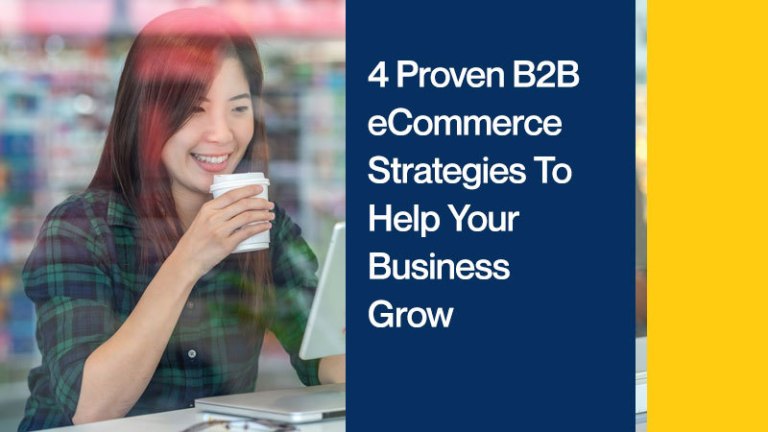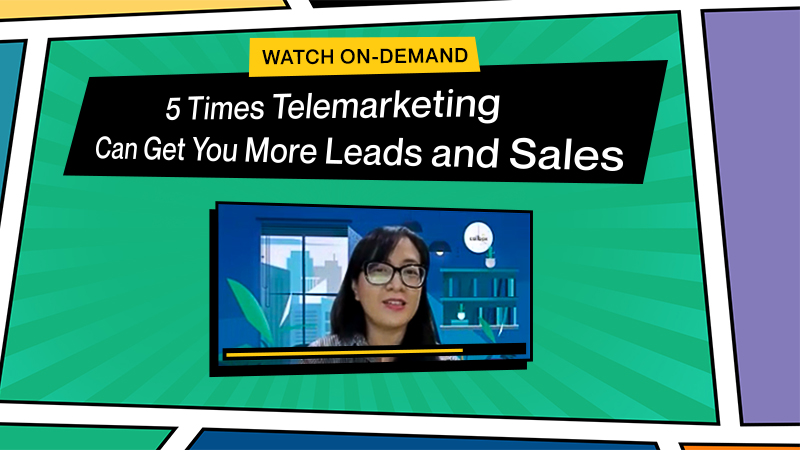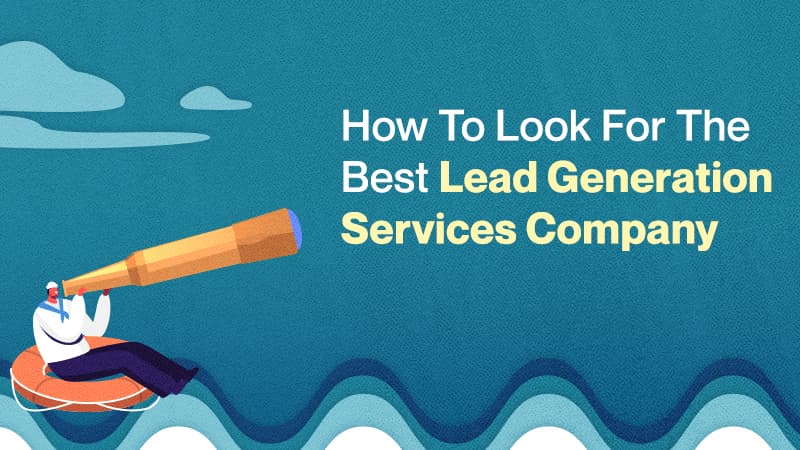eCommerce is basically the buying and selling of products and services on the web, but if you think it’s just good for pizza deliveries, e-payment for bills, or shopping for training shoes online, you’re wrong.
There’s a big thriving B2B eCommerce world amped by outstanding features and capabilities that can take your business to new heights. You might have heard of them, but haven’t known them well enough. No worries. Out of a long list, we picked four B2B eCommerce strategies that you can learn and adapt to help your business grow.
Account-based Marketing
Account-Based Marketing is the focal point for reaching out to the right buyers. It’s a marketing strategy that leverages a multi-touch, multi-channel approach in creating your ideal customer profile (ICP) that is a perfect fit for your solution. It is carried out by identifying high-value accounts/companies with the highest potential of turning into customers which lets you gain an in-depth understanding of each target by building complete profiles of the individuals involved in the decision-making process.
ABM will enable you to reach out to each identified decision-maker using the right mix of personalized outreach and digital touchpoints, and go beyond initiating contact with stakeholders through proper nurturing and follow-up to help them move further into the next stages of the buying process.
Related: Technology Sales: Upselling Your Customers Using ABM
Content Marketing
Content marketing is one of the most effective ways to gain new customers while keeping old ones loyal. With a reputable SEO, it can let you create a unique voice for your product that helps build interest among your target audience and eventually trigger buying decisions.
Ordinary content can’t yield effectiveness in your traffic, but creative, well-researched, targeted, and consistently upgraded content will allow you to devise highly advanced remarketing tactics which could boost brand awareness and engagement, generate leads, and create brand affinity among your target audience.
Email Marketing
Email marketing is the most flexible among all marketing strategies because it can be implemented both as a stand-alone process or integrated with others, a characteristic that makes it rise above the rest. It can help you segment your contact list (timing, location, preferences) and understand your target audience’s purchase behavior.
To personalize your approach, send specific content through email initiatives that are relevant to your target buyers, and optimize your content by making it accessible, responsive, and comprehensive on all devices, especially on mobile. Having an insight on who, when, and how to reach will streamline all your marketing tasks and yield higher rates of engagement throughout the sales funnel.
Watch our Webinar: Email to the Rescue: Creative Ideas to Contact, Connect and Convert
Social Media
If you think social media is a platform for B2C, delve into the B2B space and you’ll find out how social eCommerce platforms’ wide market share and extreme popularity can magnify your brand exposure to a broad range of demographics that drive higher traffic and generate leads at a low cost.
Professional networks such as LinkedIn which is utilized by the C-suite (46-55 age range) of Fortune 500 companies have also rapidly become so popular among millennials (25-34 year olds) with high purchasing power and early-career status. On the other hand, these big-time players are also very visible on other social media platforms like Facebook, Instagram, and Twitter. This simply shows that your target decision-makers are using diverse platforms to help them through purchase decisions.
Explore B2B eCommerce and find more features, capabilities, and successes for your business




